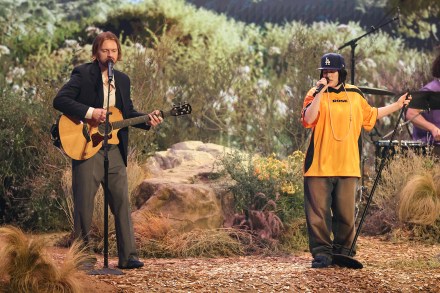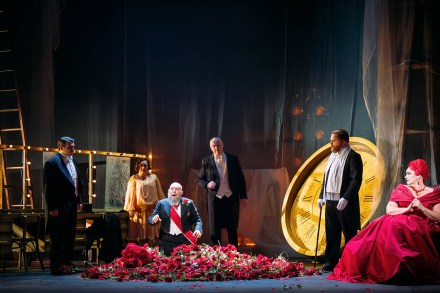I genuinely feared The End would never end
Joshua Oppenheimer’s The End is a ‘post-apocalyptic musical’ starring Tilda Swinton and Michael Shannon that is being sold as a ‘bold vision’. And as you know I’m all for bold visions – except perhaps ones that go on for two and a half hours (I genuinely feared The End would never end) and give the impression throughout of being like a premise in search of a story. The musical, however, does definitively answer one question: can Swinton and Shannon carry a tune? Spoiler: not really. This is the first dramatic feature from Oppenheimer who is best known as the documentarian behind two stunning films about the 1960s Indonesian genocide (The





















